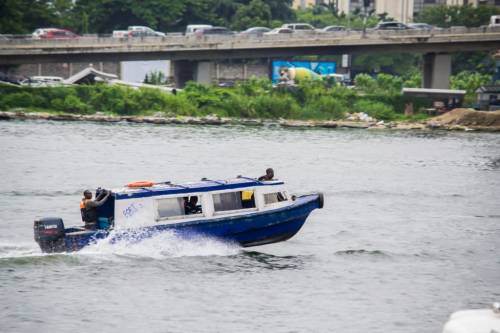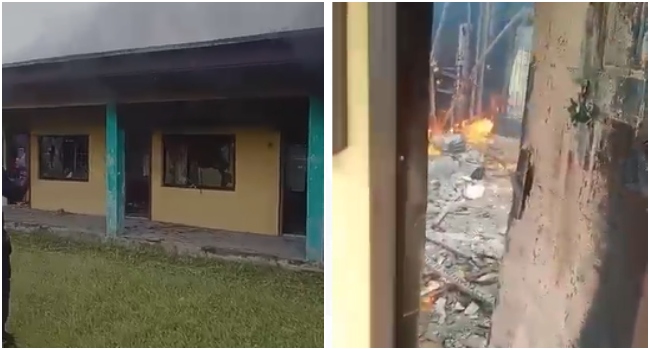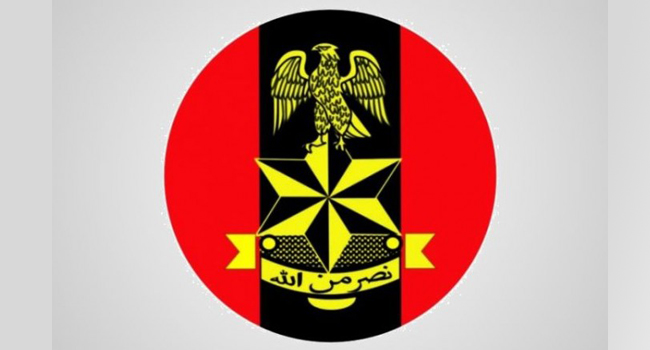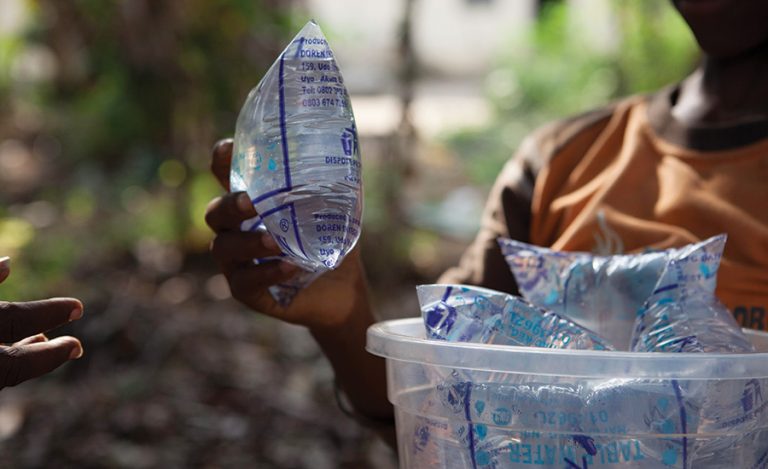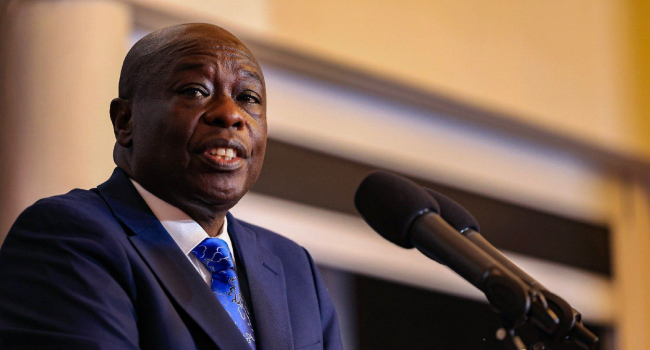Few weeks ago, Centre for Science and Environment (SCE), a not-for-profit public interest research and advocacy organisation based in New Delhi, India, released its Down To Earth annual State of Africa Environment 2024 report. The report, which was released in Nairobi, Kenya, three weeks ago, highlights the intersection between water on the one hand and migration, climate change, poverty and diseases on the other. The State of Africa Environment 2024 report emphasized that Africa faces escalating water crisis that threatens economic collapse, exacerbates poverty, and endangers millions of lives. All 54 African countries are water-insecure, with the continent hosting 22% of the world’s most critically water-insecure population. Sub-Saharan Africa, in particular, is under immense pressure, with 36% of its people lacking secure access to water. The water crisis, fueled by rapid urbanization, climate change, and inadequate infrastructure, is poised to worsen unless immediate action is taken. The report noted that the demand for water in Africa is expected to skyrocket by 283%, with municipal and domestic needs accounting for 92 billion cubic meters of this surge. Urbanization is a significant driver, placing intense pressure on already fragile water systems. By 2050, at least 24 large cities across 15 African countries will face severe water scarcity as the gap between water supply and urban growth widens. Dr malesi Shivaji CEO of Kenya Water and Civil Society pointed out that the water insecurity in Africa is not solely about the quantity of water available but also about how it is managed. While the continent contains 677 lakes, including three of the world’s ten largest freshwater lakes, the management of these resources is increasingly failing to meet the needs of its burgeoning population. Sunita Narain, Director General of CSE said warned leaders in the continent to deal with the issues with more sense of urgency as climate change is further compounding the issues. Shifts in weather patterns and rising temperatures are affecting Africa’s hydrological cycle, leading to reduced rainfall and increased evaporation. In regions heavily reliant on agriculture like Nigeria, these disruptions are triggering food insecurity and economic instability. In particular, flooding of lakes, exacerbated by climate change, has led to crop loss and mass migration, further escalating the crisis. She said the human cost of the crisis is devastating, especially for the most vulnerable populations. Water-borne diseases like cholera are on the rise, particularly in urban and peri-urban areas where access to sanitation is inadequate. Children under five are disproportionately affected, with 190 million African children facing the combined threats of water-related risks, water-borne illnesses, and climate hazards. The lack of safe sanitation has far-reaching implications, causing water pollution and contributing to diseases. Poor management of fecal waste results in approximately 115 deaths per hour from excreta-related diseases in Africa. Despite a few success stories of progress in the sanitation sector, the pace of improvement has not been sufficient to keep up with demand. The economic implications of Africa’s water crisis are equally alarming. Water scarcity is undermining economic productivity, particularly in agriculture, which remains the backbone of many African economies. The Middle East and North Africa region is expected to experience some of the most significant economic losses from climate-related water scarcity, and similar trends are emerging across sub-Saharan Africa. The declining availability and quality of water are placing severe constraints on agriculture, leading to income loss for millions who depend on farming for their livelihood. Richard Mahapatra, Managing Editor, Down to Earth, India and Ms Clementine Andre, the Regional Coordinator for Subsaharan African and Middle East and North Africa for Internal displacement Monitoring Centre, Geneva noted that distress migration is also a growing consequence of water scarcity. Just as severe droughts drove our ancestors to migrate 400,000 years ago, today’s communities are forced to leave their homes in search of reliable water sources. This internal migration creates additional challenges, putting pressure on urban infrastructure and social services, which are already strained. Despite the grim situation, experts like Engr Susan Masila, Consultant, WASH Burundi believes there are solutions that could help mitigate the water crisis. Rainwater harvesting holds significant potential for reducing water poverty in Africa. With nearly 95% of Africa’s food production reliant on rainwater, tapping into this resource more effectively could make a substantial difference. Collecting rainwater can help communities develop resilience against erratic weather patterns and reduce dependence on vulnerable sources. Groundwater also presents a viable solution. Since the 1930s, the construction of deep boreholes, shallow wells, and protected springs has helped communities’ access clean water for drinking, sanitation, and agriculture. However, modernizing water management systems in rural areas remains a challenge due to the high costs involved. Innovative solutions, such as community-led total sanitation initiatives and green infrastructure, offer hope. Community-led projects can be more cost-effective and better tailored to local needs, while green infrastructure can help restore natural hydrological cycles. Collaboration between governments, international organizations, and local communities is crucial to scaling these solutions. Experts believed that Africa’s water crisis demands immediate and concerted action. The stakes are high not only in terms of human health and wellbeing but also for the continent’s economic future. As the world’s youngest and one of the fastest-growing urban populations, Africa cannot afford to ignore its water crisis. Governments, international agencies, and civil society must come together to invest in sustainable water management solutions. Ensuring equitable access to water is not just a development goal but a necessity for survival and growth. Without swift and effective action, Africa risks facing an even grimmer future; one marked by poverty, disease, and economic stagnation. Addressing the water crisis today is vital to safeguarding the continent’s future.



